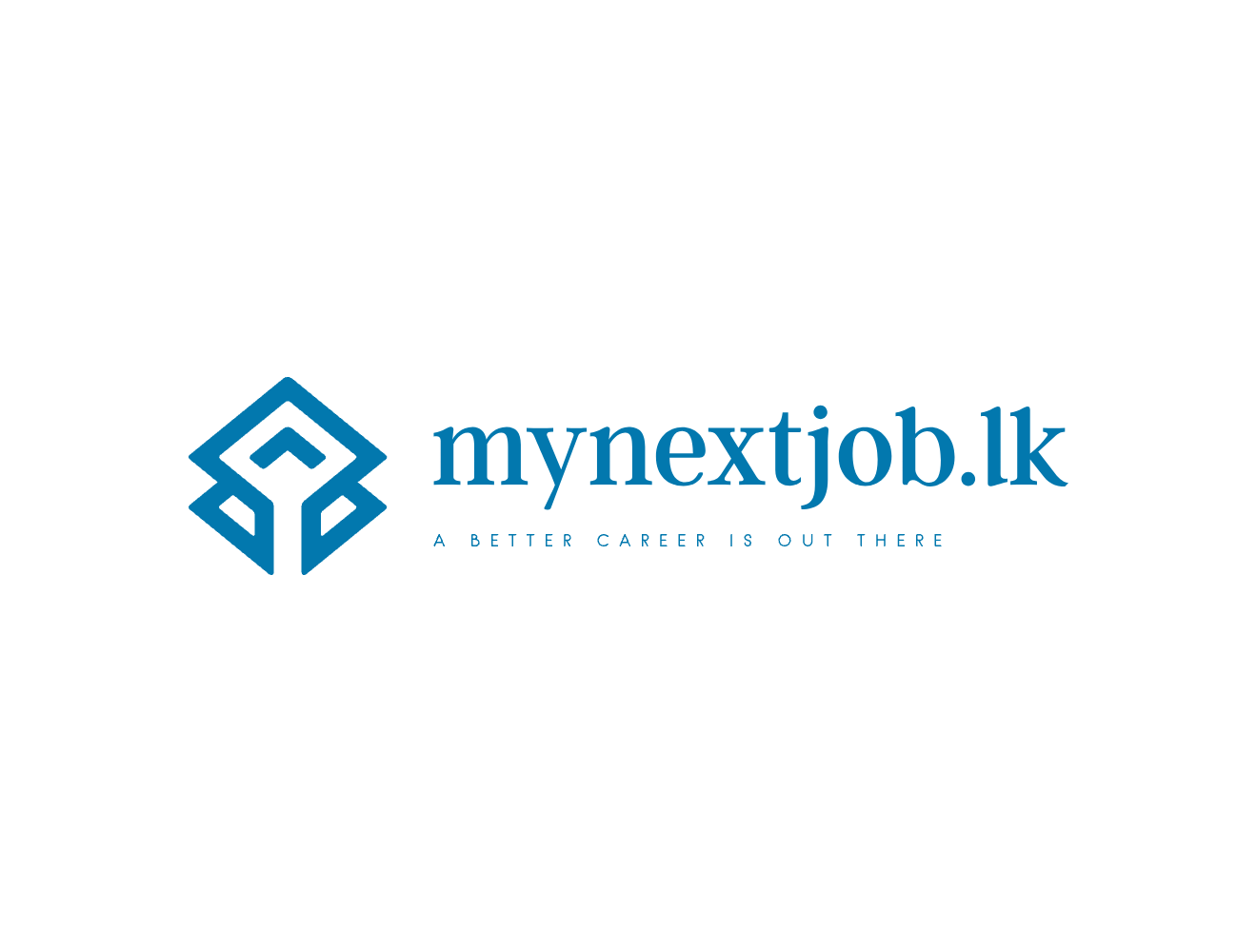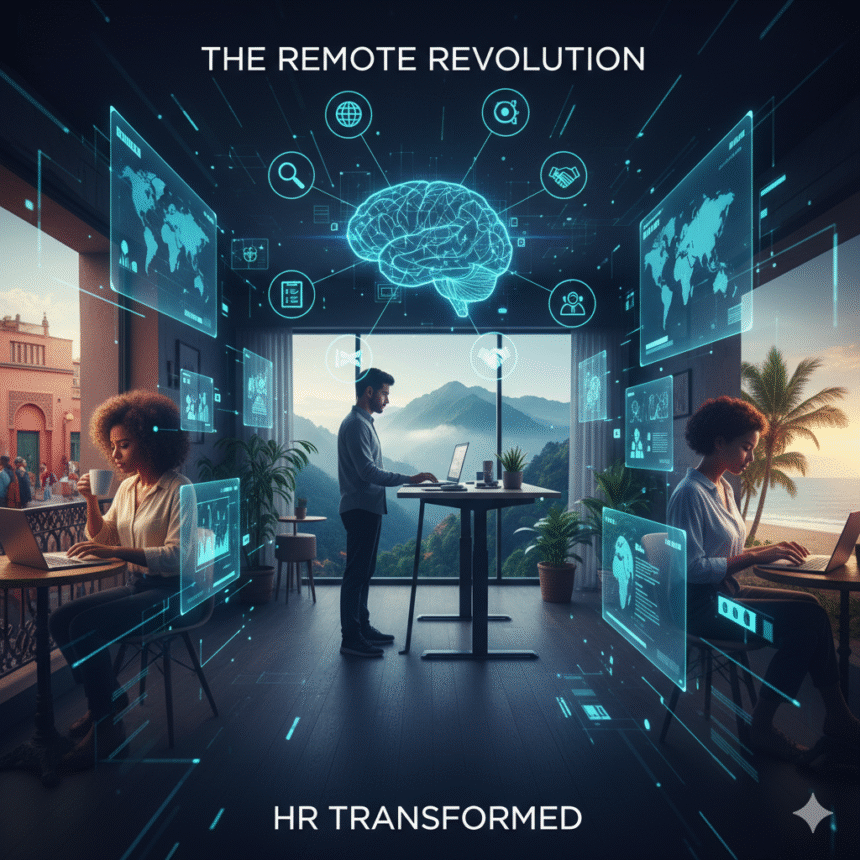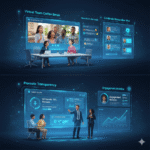The world of work has undergone a seismic shift, with the remote work revolution transforming traditional office setups into dynamic, distributed models. This paradigm shift, accelerated by recent global events, has propelled “work-from-anywhere” from a niche perk to a mainstream expectation, fundamentally reshaping HR. The implications for human resources are profound, necessitating a complete re-evaluation of strategies, technologies, and company culture to thrive in this new landscape. This article delves into the core aspects of this HR transformation, exploring the rise of the hybrid workforce, the imperative for digital HR solutions, and the evolving remote work trends that define our present and future.
- The Irreversible Ascent of Remote Work
- HR Transformation: A Strategic Imperative
- Redefining Recruitment and Onboarding
- Adapting Performance Management and Employee Engagement
- Navigating Compensation and Benefits in a Global Context
- The Rise of the Hybrid Workforce
- Digital HR: The Backbone of Remote Work
- Evolving Remote Work Trends and Future Outlook
- Conclusion
The Irreversible Ascent of Remote Work
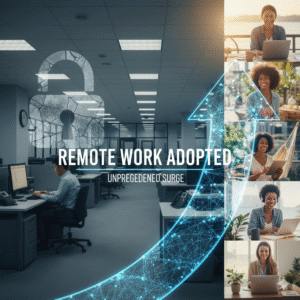 Before 2020, remote work, while growing, was often viewed with skepticism by many organizations. Concerns about productivity, collaboration, and company culture loomed large. However, forced experimentation during the pandemic quickly demonstrated its viability and, for many, its advantages. Companies discovered that employees could not only maintain but, in some cases, exceed productivity levels outside the traditional office. This revelation sparked an unprecedented surge in remote work adoption, leading to a permanent shift in how businesses envision their operational structures.
Before 2020, remote work, while growing, was often viewed with skepticism by many organizations. Concerns about productivity, collaboration, and company culture loomed large. However, forced experimentation during the pandemic quickly demonstrated its viability and, for many, its advantages. Companies discovered that employees could not only maintain but, in some cases, exceed productivity levels outside the traditional office. This revelation sparked an unprecedented surge in remote work adoption, leading to a permanent shift in how businesses envision their operational structures.
The initial scramble to enable remote work has evolved into a strategic embrace. Companies are now actively designing their organizational frameworks around the principles of flexibility and distribution. This isn’t merely about allowing employees to work from home; it’s about fostering a work-from-anywhere culture that transcends geographical boundaries and traditional time constraints. This shift has democratized access to talent, enabling companies to recruit from a global pool, unconstrained by physical proximity to an office. The benefits are multifold: increased employee satisfaction, reduced operational costs, enhanced talent acquisition, and greater resilience in the face of future disruptions. However, realizing these benefits requires a proactive and adaptive HR function.
HR Transformation: A Strategic Imperative
The transition to a work-from-anywhere model has placed HR at the forefront of organizational change. No longer merely an administrative department, HR has become a strategic partner, tasked with navigating the complexities of a distributed workforce and ensuring business continuity and growth. This HR transformation encompasses several critical areas:
Redefining Recruitment and Onboarding
Traditional recruitment processes, often location-dependent, are no longer sufficient. HR must now develop sophisticated strategies to attract, assess, and hire talent from anywhere in the world. This includes leveraging advanced digital tools for virtual interviews, online assessments, and automated background checks. Global talent acquisition has become a key focus.
Onboarding, too, requires a complete overhaul. Bringing new hires into a remote or hybrid environment demands a structured, engaging, and technologically-driven approach. Virtual onboarding programs, digital welcome kits, and dedicated online mentorship schemes are essential to ensure new employees feel connected, understand the company culture, and quickly become productive members of the team. The focus shifts from physical tours and in-person introductions to fostering a sense of belonging and providing necessary resources virtually.
Adapting Performance Management and Employee Engagement
 Measuring performance in a remote setting requires a focus on outcomes rather than presenteeism. HR needs to implement clear goals, regular check-ins, and performance metrics that are relevant to a distributed team. This often involves a move towards more frequent feedback loops and continuous performance management rather than annual reviews.
Measuring performance in a remote setting requires a focus on outcomes rather than presenteeism. HR needs to implement clear goals, regular check-ins, and performance metrics that are relevant to a distributed team. This often involves a move towards more frequent feedback loops and continuous performance management rather than annual reviews.
Maintaining employee engagement and fostering a strong company culture in a remote environment presents unique challenges. HR is tasked with creating virtual social events, facilitating online collaboration tools, and promoting open communication channels. Initiatives such as virtual coffee breaks, online team-building activities, and recognition programs are crucial for combating isolation and strengthening team cohesion. The emphasis is on intentional connection and creating a sense of psychological safety and belonging, irrespective of physical location.
Navigating Compensation and Benefits in a Global Context
The “work-from-anywhere” model introduces complexities in compensation and benefits. Should employees be paid according to their location’s cost of living, or based on the company’s headquarters? How do international tax laws, labor regulations, and benefit requirements (such as healthcare and retirement plans) factor into this? HR professionals must develop sophisticated global compensation strategies that are equitable, competitive, and compliant. This often requires partnerships with global payroll providers and expertise in international HR law.
The Rise of the Hybrid Workforce
While some companies have fully embraced remote work, many are opting for a hybrid workforce model. This approach combines elements of both remote and in-office work, offering employees the flexibility to work from home for a portion of the week while also coming into a physical office for collaborative tasks, team meetings, or social interactions. The hybrid model seeks to leverage the benefits of both worlds: the flexibility and focus of remote work with the spontaneous collaboration and social connection of in-person interaction.
Managing a hybrid workforce presents its own set of challenges for HR. These include:
- Creating Equitable Experiences: Ensuring that both remote and in-office employees have equal access to information, opportunities, and career progression. This means rethinking meeting formats, communication protocols, and access to leadership.
- Optimizing Office Space: Redefining the purpose of the physical office as a hub for collaboration and connection, rather than just individual workspaces. This might involve “hot desking,” flexible office layouts, and specialized collaboration zones.
- Fostering Inclusion: Preventing a “two-tier” system where in-office employees inadvertently receive more attention or opportunities. HR must actively promote inclusive practices that ensure remote employees feel just as much a part of the team.
The success of a hybrid model hinges on clear policies, strong communication, and the right technological infrastructure. HR plays a pivotal role in designing these frameworks and educating both employees and managers on best practices.
Digital HR: The Backbone of Remote Work
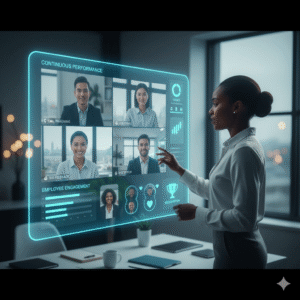 The work-from-anywhere revolution would not be possible without advancements in technology. Digital HR solutions are no longer a luxury but a necessity for managing a distributed workforce. These technologies empower HR to streamline processes, enhance employee experiences, and gain valuable insights.
The work-from-anywhere revolution would not be possible without advancements in technology. Digital HR solutions are no longer a luxury but a necessity for managing a distributed workforce. These technologies empower HR to streamline processes, enhance employee experiences, and gain valuable insights.
Key digital HR tools and platforms include:
- Human Resources Information Systems (HRIS): Centralized platforms for managing employee data, payroll, benefits, and compliance. Modern HRIS solutions often have robust self-service portals for employees.
- Applicant Tracking Systems (ATS): Essential for managing the high volume of applications from a global talent pool, streamlining the recruitment process, and ensuring a positive candidate experience.
- Collaboration and Communication Platforms: Tools like Slack, Microsoft Teams, and Zoom are vital for daily communication, virtual meetings, and project collaboration. HR often plays a role in establishing best practices for their use.
- Performance Management Software: Platforms that facilitate goal setting, continuous feedback, performance reviews, and 360-degree feedback, crucial for tracking progress in a remote environment.
- Employee Engagement Platforms: Tools designed to measure employee sentiment, run pulse surveys, facilitate recognition, and organize virtual team-building activities.
- Learning and Development (L&D) Platforms: Online learning modules, virtual training sessions, and digital resource libraries are essential for continuous skill development in a remote setting.
- Workforce Analytics Tools: These provide HR with data-driven insights into employee productivity, engagement, attrition risk, and other key metrics, enabling proactive decision-making.
The effective implementation and integration of these digital HR tools are critical for creating a seamless, efficient, and engaging experience for employees, regardless of their location. Investing in the right technology is an investment in the future of work.
Evolving Remote Work Trends and Future Outlook
The landscape of remote work is continuously evolving, with new remote work trends emerging regularly. Some notable trends include:
- Four-Day Work Week: Companies are experimenting with compressed work weeks, finding that increased flexibility can boost productivity and employee well-being.
- Asynchronous Communication: A move towards communication that doesn’t require immediate responses, allowing employees in different time zones to collaborate more effectively and reducing meeting fatigue.
- “Workcations” and Digital Nomadism: Employees seeking greater location independence are combining work with travel, leading HR to develop policies that support this trend while ensuring compliance and productivity.
- Focus on Employee Well-being: With the blurring of lines between work and home, HR is increasingly prioritizing mental health support, stress management programs, and initiatives to prevent burnout among remote employees.
- Skill-Based Hiring: Less emphasis on traditional qualifications and more on demonstrated skills and competencies, opening up opportunities for a broader range of talent.
Looking ahead, the remote revolution is set to continue its trajectory, profoundly influencing organizational structures, talent strategies, and workplace culture. HR’s role will become even more strategic, focusing on fostering agility, resilience, and inclusivity in an ever-changing world. The ability to adapt, innovate, and leverage technology will be paramount for HR professionals seeking to lead their organizations successfully through this ongoing transformation.
Conclusion
The remote revolution has irrevocably altered the world of work, placing HR transformation at the heart of strategic business operations. From adapting remote work trends to building a resilient hybrid workforce and embracing digital HR solutions, the demands on human resources have never been greater or more exciting. Organizations that proactively embrace these changes, investing in the right technologies, policies, and people-centric strategies, will not only survive but thrive in this new era of work-from-anywhere. The future belongs to those who are agile, empathetic, and digitally empowered, with HR leading the charge towards a more flexible, inclusive, and productive global workforce.
